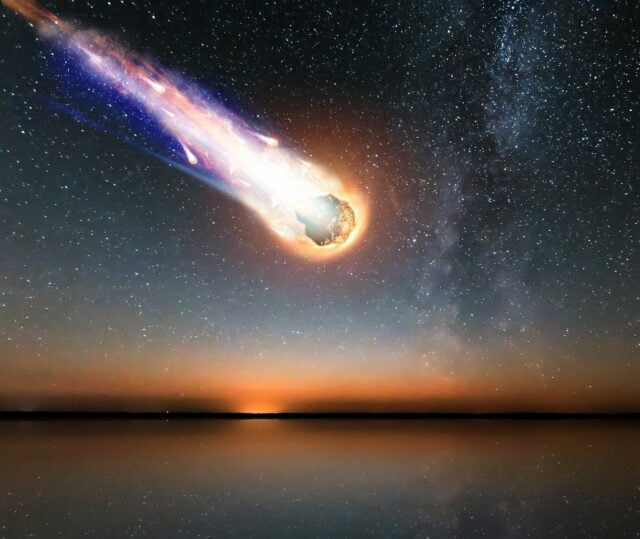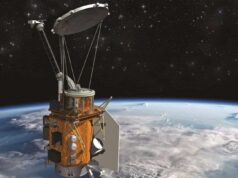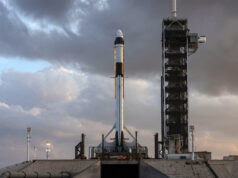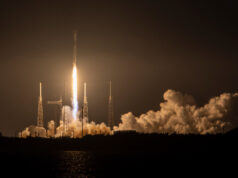
The asteroid impact that killed the dinosaurs 66 million years ago had a devastating impact on life on Earth. But exactly how the mass extinction unfolded has remained a mystery.
Key Highlights:
- A new study suggests that the asteroid impact that killed the dinosaurs also halted photosynthesis for nearly two years.
- This was due to the fine dust thrown into the atmosphere, which blocked out the sun.
- The lack of sunlight prevented plants from producing food, which led to a mass extinction event.
A new study, published in the journal Nature Geoscience, suggests that the asteroid impact caused a global blackout that lasted for nearly two years. This was due to the fine dust thrown into the atmosphere, which blocked out the sun.
The lack of sunlight prevented plants from photosynthesizing, which led to a collapse of the food chain. This, in turn, caused the extinction of many plant-eating dinosaurs, followed by the extinction of meat-eating dinosaurs.
“The shutdown of photosynthesis for almost two years after impact caused severe challenges (for life),” said lead study author Cem Berk Senel, a postdoctoral researcher at the Royal Observatory of Belgium.
The study’s findings are based on a computer model that simulates the effects of the asteroid impact on the Earth’s atmosphere. The model shows that the dust cloud created by the impact would have blocked out enough sunlight to prevent photosynthesis for nearly two years.
“This is the first time that we have been able to show that the asteroid impact could have had such a devastating impact on the global environment,” Senel said.
The study’s findings have important implications for understanding the risks posed by future asteroid impacts. The researchers say that even a relatively small asteroid impact could have a catastrophic impact on life on Earth.
“Our study shows that even a small asteroid impact could have a devastating impact on the global environment,” Senel said. “We need to be prepared for the possibility of a future asteroid impact, and we need to develop strategies to mitigate the effects of such an impact.”
The asteroid impact that killed the dinosaurs had a devastating impact on life on Earth. The impact caused a global blackout that lasted for nearly two years, which prevented plants from photosynthesizing and led to a collapse of the food chain. The study’s findings have important implications for understanding the risks posed by future asteroid impacts.











